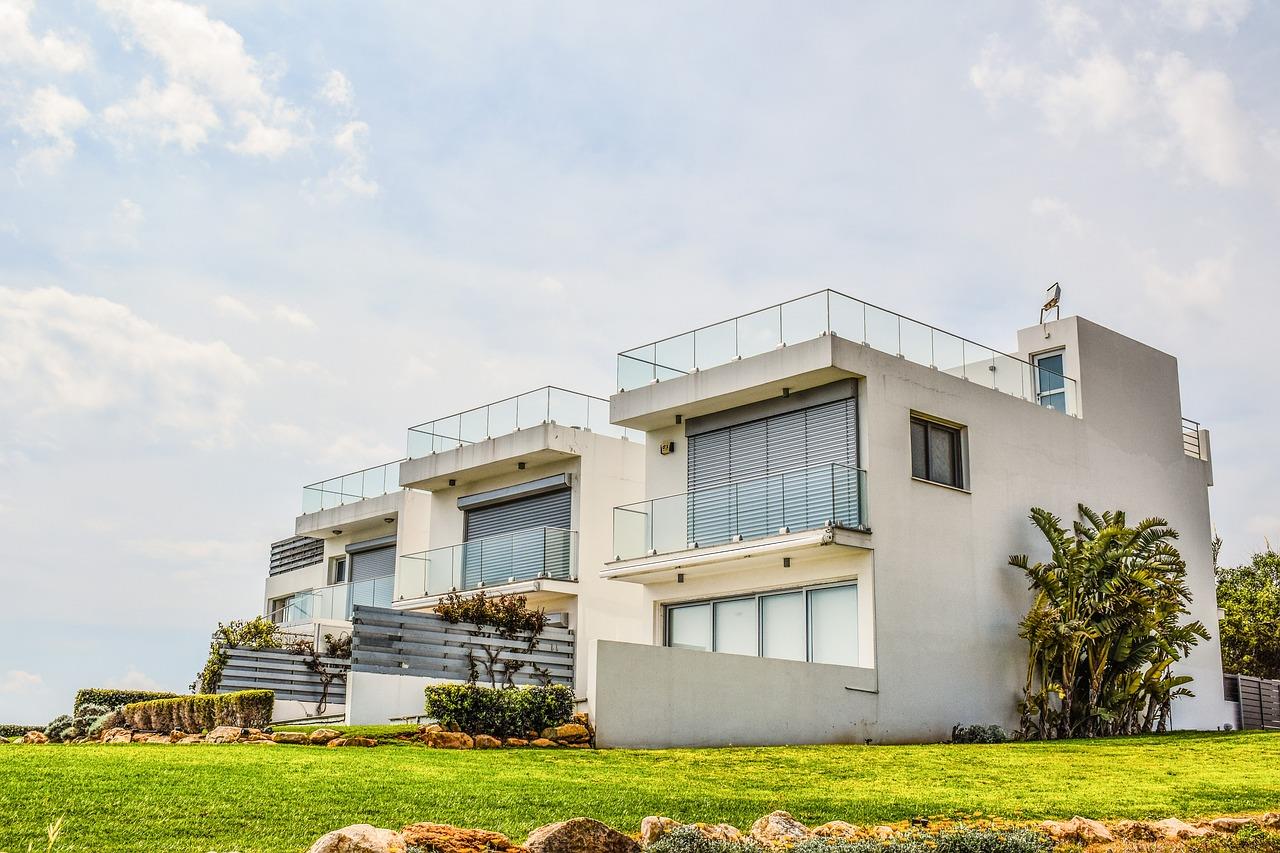
Why Global Investors Are Flocking to Dubai's Real Estate Market in 2024: Not Just a Bubble?
Dubai continues to be a top choice for global investors, with property sales rising 38% in the first half of 2024, according to the Dubai Land Department. Apartments lead the market, accounting for 82% of transactions, with over 60,000 deals—a 41% year-on-year growth. Villas and townhouses, though making up only 18% of transactions, represent 40% of the market value, showing strong interest from high-net-worth buyers.
The surge in demand is fueled by an influx of 50,000 new residents within just six months, pushing the supply-demand ratio to 2:1. Companies like Colife highlight that Dubai's real estate opportunities are a key reason for this migration. The city offers attractive investment prospects with high rental yields and steady capital appreciation.
Investors are drawn by the numbers: rental income averages 6-9% annually, while property values have grown by 13% each year — Colife investors saw returns as high as 26% last year. Additionally, buying property worth $205,000 or more grants a long-term resident visa, enhancing Dubai's appeal for those looking for both financial gains and lifestyle benefits.
Dubai's investment environment is further strengthened by robust legal protections. State-backed institutions safeguard buyers against issues like unfinished projects and developer bankruptcies. Mortgage options are also flexible, with buyers typically making a 20% down payment and financing the rest over 10-25 years. The city's mortgage system is particularly favorable since rental income often exceeds monthly payments.
For instance, a 1-bedroom apartment in Al Furjan, priced at $191,781, requires a $40,400 down payment. With a mortgage rate of 4.2%, the monthly payment is $871 over 25 years, while rental income averages $1,305. This means the rental income comfortably covers the mortgage, offering a payback period of just 11.5 years and a rental yield of 7.5%.
Many international investors are also turning to Dubai due to unfavorable conditions in their home countries. In Russia, for example, mortgage rates have jumped from 8% to 18%, making real estate investments far less appealing. In Turkey, high inflation and mortgage rates of up to 42% have deterred potential buyers. In the European Union, high property prices and long payback periods — 15 years on average compared to just 8 years in Dubai — make the latter a far more attractive option.
"After considering all factors, it's clear that buying in Dubai offers better returns and stability than investing in cities like Paris," says French investor Gaspard. "The process is straightforward, investor protections are strong, and everything can be managed remotely. Dubai simply outperforms other major capitals in almost every way."
As global markets face challenges, Dubai's real estate sector remains a reliable, high-yielding opportunity that continues to attract investors from all over the world.
Legal Disclaimer:
MENAFN provides the
information “as is” without warranty of any kind. We do not accept
any responsibility or liability for the accuracy, content, images,
videos, licenses, completeness, legality, or reliability of the information
contained in this article. If you have any complaints or copyright
issues related to this article, kindly contact the provider above.

















Comments
No comment